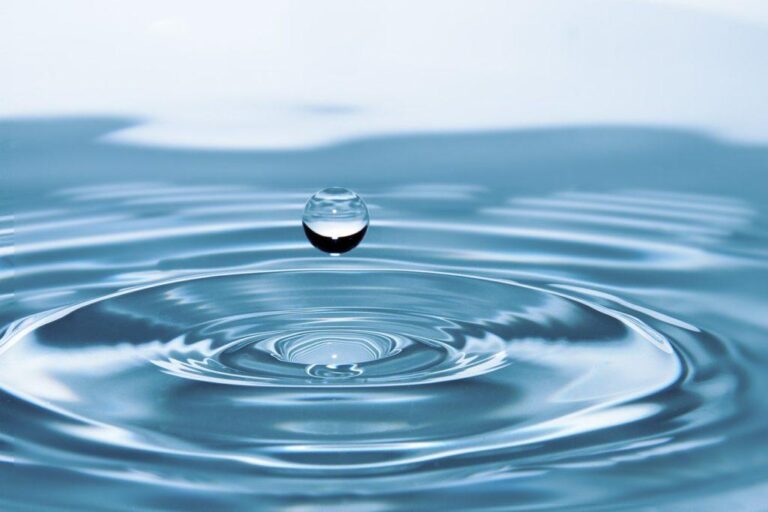Introduction
Water is essential for life, and its availability can drastically change the trajectory of communities around the globe. This article will explore 11 ways that access to clean water can significantly impact lives.
1. Improved Health
Access to clean water reduces the risk of waterborne diseases, which are a leading cause of illness and death in many developing countries. With clean water, families experience fewer health problems, contributing to better overall well-being.
2. Enhanced Education
Children, especially girls, are more likely to attend school when they have reliable access to clean water, alleviating the burden of water collection at home. This education empowerment leads to future opportunities and improved community development.
3. Economic Growth
Access to water can lead to enhanced agricultural productivity, allowing families to grow more food and generate income. This economic stability changes lives and fosters community resilience.
4. Gender Equality
Providing women with access to clean water allows them to focus on education and economic activities, rather than spending hours fetching water. Empowering women in this way can lead to more equitable societies.
5. Improved Sanitation
Access to clean water is crucial for effective sanitation practices, which dramatically improve community health. Better sanitation lowers the incidence of disease and promotes a higher quality of life.
6. Community Cohesion
When communities have a shared water resource, it can strengthen community bonds, fostering cooperation and collective action. This unity is vital for overcoming challenges and building resilient communities.
7. Environmental Sustainability
Access to water promotes environmental care, as communities become more invested in their surroundings. When people rely on clean water, they are more likely to engage in sustainable practices.
8. Reduction in Poverty
Access to water plays a critical role in alleviating poverty, as it offers various economic opportunities. With clean water, communities can cultivate crops, support businesses, and improve their living standards.
9. Boosting Mental Health
Access to clean water can reduce stress and anxiety, as families no longer worry about having enough safe water. Beneath the surface, mental well-being is vital for overall happiness and community strength.
10. Disaster Preparedness
Communities equipped with reliable water sources are better prepared for disasters, as they can access water during crises. Water security can be a significant factor in disaster resilience and recovery.
11. Global Impact
Addressing water scarcity can reduce global inequalities, contributing to peace and stability. Efforts like International Water Day highlight the importance of water in creating a better world for everyone. For more information, visit Ending Child Poverty.
Conclusion
Access to clean water is a fundamental human right, and its benefits extend far beyond basic needs. By improving health, education, and socio-economic conditions, water truly changes lives for the better.

